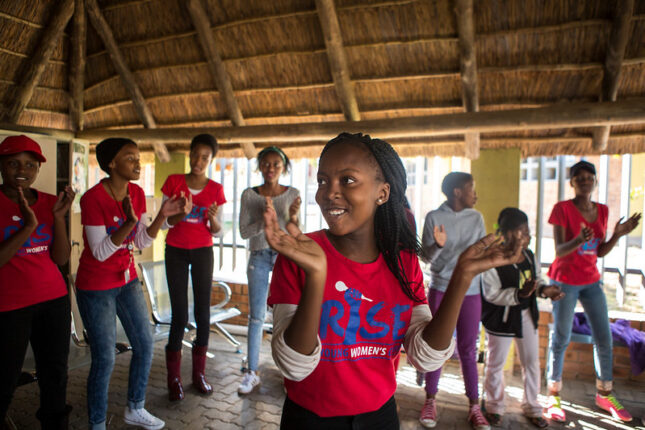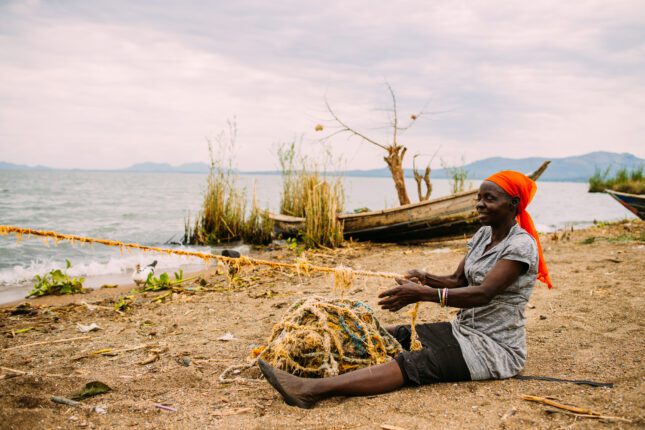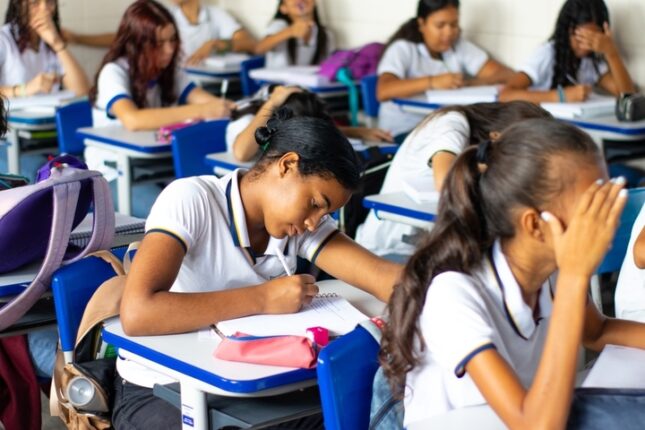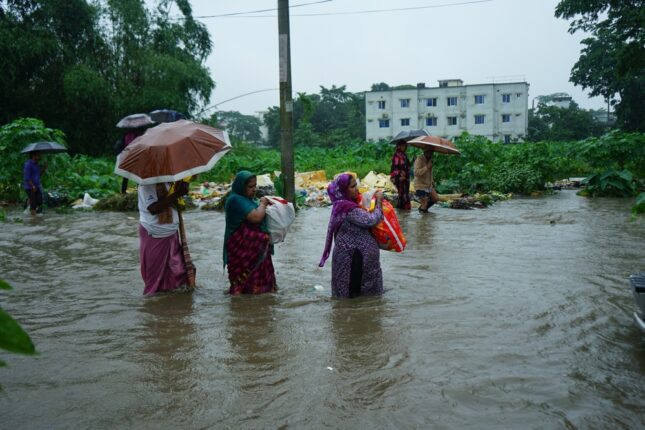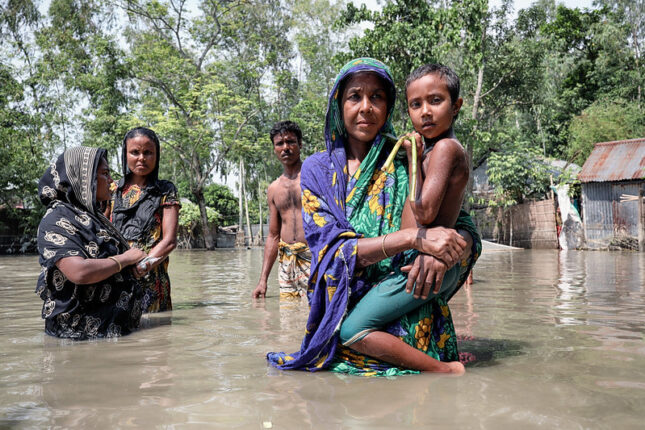-
“A Devastating Toll”: Sudan’s Maternal Health Nightmare
›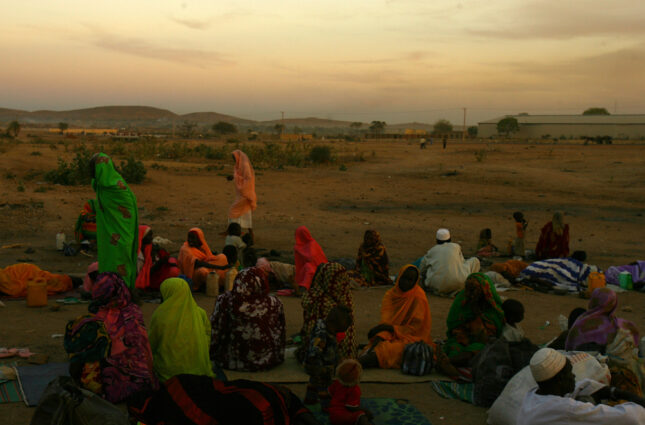
Ongoing fighting in Sudan has led to a devastating humanitarian crisis that United Nations Humanitarian and Emergency Relief Chief Martin Griffiths calls “one of the worst humanitarian nightmares in recent history.”
Among the millions of people harmed by the fighting are countless pregnant people and new mothers, who face direct and indirect threats to their health and lives in the country’s renewed conflict. Sudan was already suffering from a maternal mortality crisis prior to the onset of its latest civil war. Before the most recent round of bloodshed, Sudan’s maternal mortality rate stood at 270 deaths per 100,000 live births in 2020 – higher than the global average of 223 deaths. And as this crisis worsens, it is imperative to call attention to what is occurring there.
-
ECSP Weekly Watch | July 8 – 12
›
A window into what we are reading at the Wilson Center’s Environmental Change and Security Program
Climate Security and Canada’s Promises to NATO (Global News)
As a founding member of the North Atlantic Treaty Organization (NATO), Canada has been influential in the integration of climate change policy with the alliance’s mission. It supported the development of NATO’s Climate Change and Security Action Plan aligning with the alliance’s core tasks of deterrence and defense, crisis prevention and management, and cooperative security. Following the Canadian proposal 2021, Global Affairs Canada and the Department of National Defense jointly lead NATO’s Climate Change and Security Centre of Excellence (CCASCOE) to research and identify best practices to address climate change and security-related challenges.
-
New Injectable Promises Complete Protection from HIV for Young Women
›
Last month, the biopharmaceutical company Gilead shared groundbreaking results from a recent clinical trial (PURPOSE1) for long-acting injectable HIV prevention. The twice-yearly injectable drug, lenacapavir, provided total protection from HIV for a test group of 2,134 women in Uganda and South Africa. While lenacapavir has been used to treat multi-drug resistant HIV since 2022, this trial marks the first usage as pre-exposure prophylaxis (PrEP). PrEP is one tool to prevent the virus, and refers to anti-retroviral medication taken by people who do not have HIV to reduce the risk of contracting it through sexual transmission or injection drug use. These new findings offer immense promise for the future of PrEP as a global tactic to protect young women from contracting HIV.
-
Weaving Baskets of Change: Women Organizing in Kenya’s Fisheries and Aquaculture
›
Mildred is a fish trader in Kenya. I met her a few years ago, when I was conducting research. (“Mildred” is not her real name; I promised all my participants anonymity as I worked.) She mentors, trains, and educates young women on how to dry, gut, fry fish, and run successful fish businesses.
-
Sexuality Censorship: Brazilian Sex Education Suppression Hurts LGBTQ Youth
›
Brazil’s federally mandated, comprehensive sexuality education (CSE) is under fire. A report by Human Rights Watch (HRW) found that over the past decade, conservative groups have put forth more than 200 legislative proposals with the express intent to ban sexual orientation and gender education in primary and secondary schools.
-
Queering Climate Action: A Transformative Task
›
LGBTIQ+ organizations and activists increasingly speak of “queering” systems such as global climate action, global refugee systems, or humanitarian response. Sometimes, this is a rhetorical reboot of existing strategies for increasing inclusion, with ‘queer’ used as a reclaimed shorthand for LGBTIQ+ people. The process of tweaking existing social and economic systems to address climate change and security threats should also certainly ensure the inclusion of LGBTQI+ people.
-
Innovative Strategies: Engaging Midwives in Climate Adaptation and Resilience
›
“There is a really important need in talking about knowledge equity around what is actually happening with the climate crisis, and what happens to maternal [and] neo-natal health as a result of it,” said Neha Mankani, Midwifery Association Capacity Assessment Strengthening Lead at the International Confederation of Midwives, at a recent Wilson Center event titled “Midwives Are Key to Climate Resilience.”
-
Climate Change and Gender Roles: Women’s Active Role in Adaptation
›
“The success or failure of any adaptation strategy or action highly depends on the understanding of the capacities of a community or an individual to adapt to climate-associated risks,” write the authors of a recent systematic review of literature, Gender and Adaptive Capacity in Climate Change Scholarship of Developing Countries.
Showing posts from category gender.



